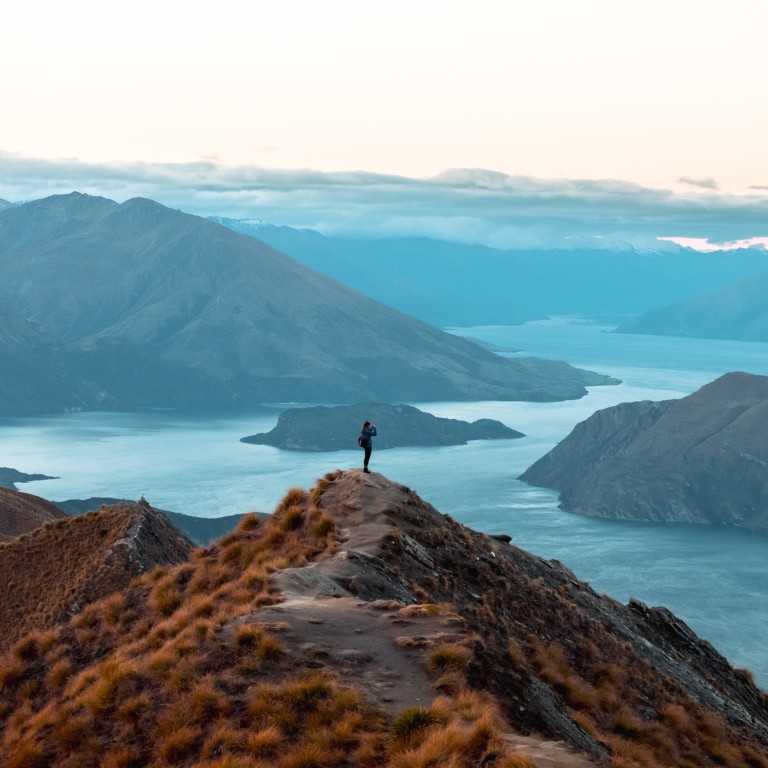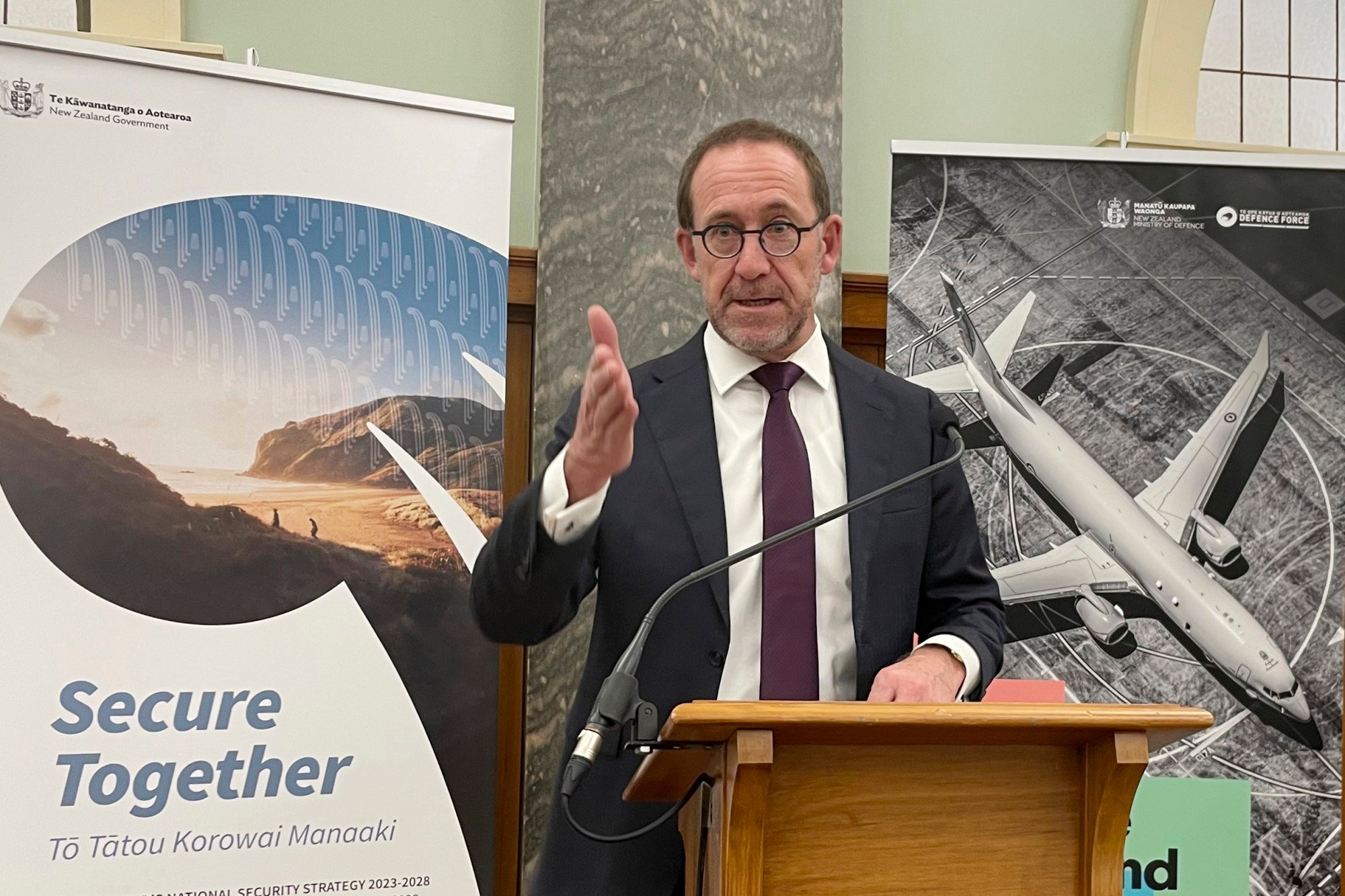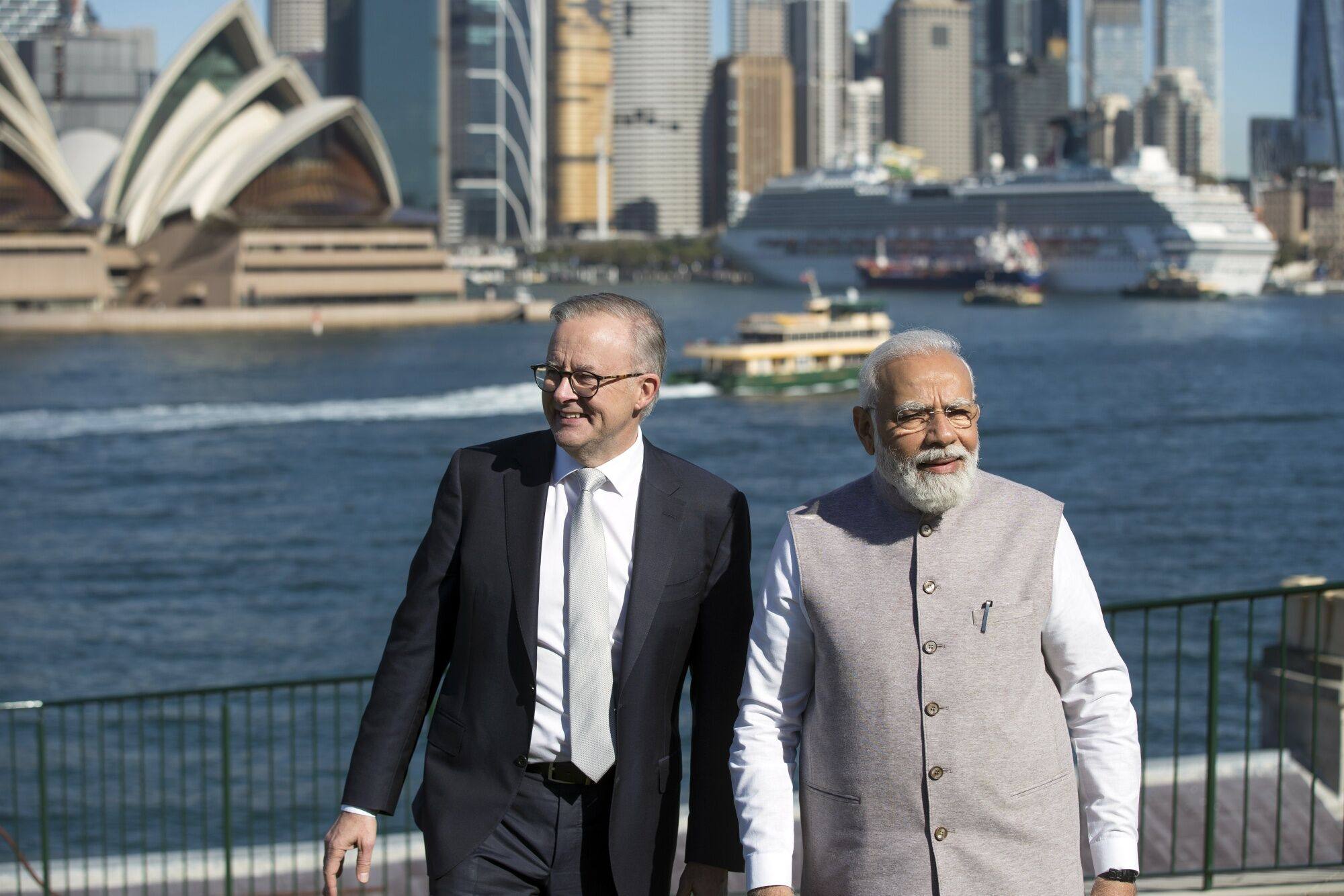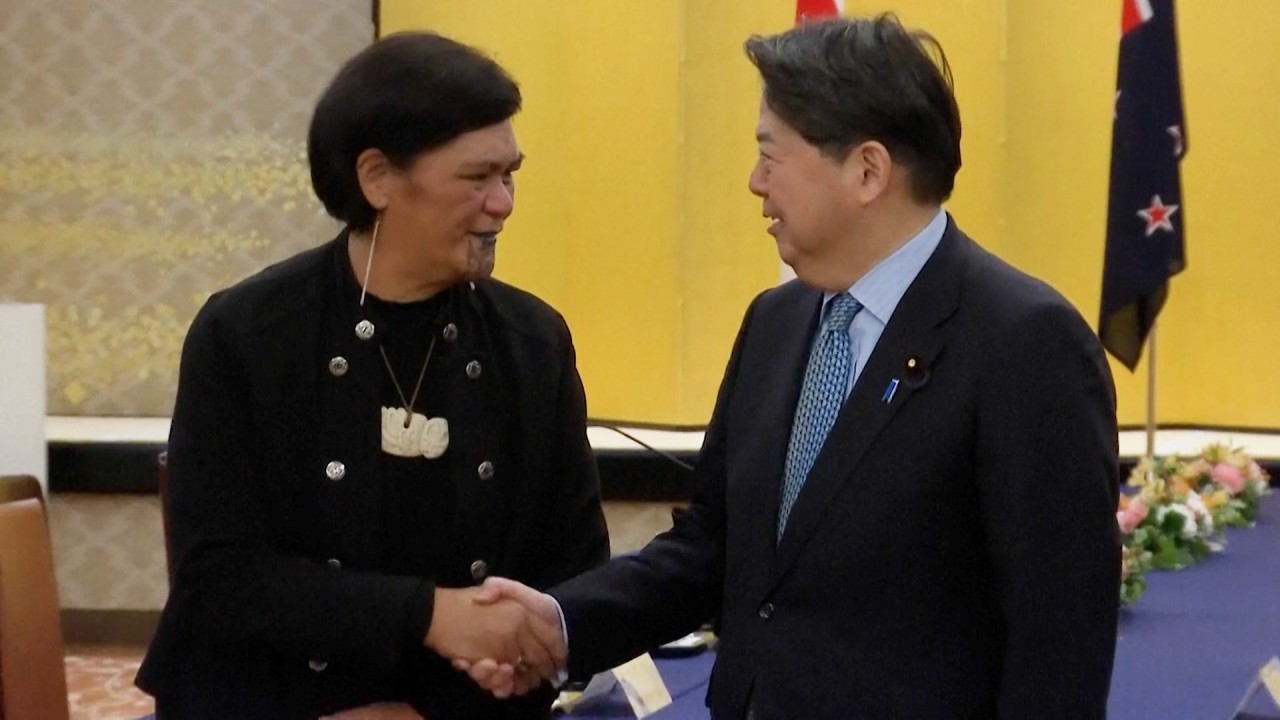
China, climate change, terrorism listed among New Zealand’s security issues
- Revised strategy says nation no longer ‘protected by its remoteness’, with this wake up call pointing out the strategic environment is not benign
- New strategies, assessments repeatedly highlight China challenge, but peaceful cooperation in areas of shared interest is deemed desirable
The national security strategy, Secure Together – Tō Tātou Korowai Manaaki – along with a new defence policy and strategy statement, rounds out this revised New Zealand world view. A soon-to-be-released threat assessment from the security intelligence agencies will complete the picture.
While the new assessments and strategic statements come from different state agencies, they nonetheless speak clearly and coherently about the risks to New Zealand’s security. The national wake-up call, then, rests on four broad pillars of understanding.
Geopolitical uniqueness
The first consistent theme concerns New Zealand’s uniqueness. It is a liberal, multicultural democracy based on a bicultural relationship and te Tiriti o Waitangi – the Treaty of Waitangi. The nation’s strong sovereign identity is anchored in the Pacific, and it speaks with a strong and independent voice.
The New Zealand people and their socially cohesive society are the country’s most valuable assets. The obligation of guardianship over these, for both present and future generations, means being better prepared for potential external and internal threats.
Ensuring national resilience and security underpins the government’s unprecedented (at least for this century) planning for and prioritising of that preparedness.
Times are changing
The new strategy identifies 12 national security issues, ranging from terrorism and climate change to attempts to subvert New Zealand democracy. While no one challenge is expressly prioritised, there is a clear emphasis on geostrategic competition and the threats to a rules-based international system.
Many of the assumptions about global and regional affairs that have underpinned New Zealand’s foreign policy for a generation or more are coming under real and sustained pressure.

The rules-based order that has allowed the country to thrive peacefully is under stress. The risk of open conflict is heightened, with the wider Indo-Pacific region at the centre of geopolitical contests.
There are also unpredictable but significant risks – especially economic ones – from those tensions, even without a descent into military conflict. And there is the potential for more than one negative event to occur at the same time.
Partnerships matter
New Zealand’s security has to be collective, and there is no lurching towards isolationism. More collaborations are likely to address shared security challenges.
The most important relationship is with Australia, which is also rapidly upgrading its defence capabilities. As New Zealand’s closest partner and only formal ally, Australia is “indispensable to New Zealand’s national security”.
New Zealand backs ‘tough conversations’ with China to manage ‘complex’ ties
The US relationship is also very important, of course. Throughout the new documents, the US is variously described as a “crucial” defence partner in general, and “critical for New Zealand’s security” in the Indo-Pacific and Pacific regions.
Other less immediately obvious security relationships are also noted, including with Singapore, Japan and Nato. The Five Eyes intelligence network – made up of New Zealand, Australia, Canada, the UK and the US – is cast as “an invaluable support to our understanding and ability to respond to emerging and complex security issues”.

But the nation’s defence force needs to improve its combat readiness and effectiveness, as well as other military capabilities, and increase its presence in the Pacific. It is clear greater investment is needed in both the short and medium term, but no dollar figures are attached.
Realism over China
The damage Russia’s invasion of Ukraine has caused to the international legal framework is clear. But the new strategies and assessments repeatedly highlight the challenge of China.
While peaceful cooperation in areas of shared interest is deemed desirable, China is also recognised as being a major driver of geopolitical change, especially in its willingness to be more assertive and willing to challenge existing international rules and norms.
Finally, aspects of China’s operations in the Pacific threaten to fundamentally alter the regional strategic balance. New Zealand must plan and be prepared for this.
Overall, the new assessments and strategy represent a turning point: a recognition that security threats are rising and will require new approaches. While the detail is not fleshed out, and no doubt there will be partisan debate as the October election nears, the need for real change has rarely been made so clear.
Alexander Gillespie is a professor of law at the University of Waikato in New Zealand. This article was first published on The Conversation.



